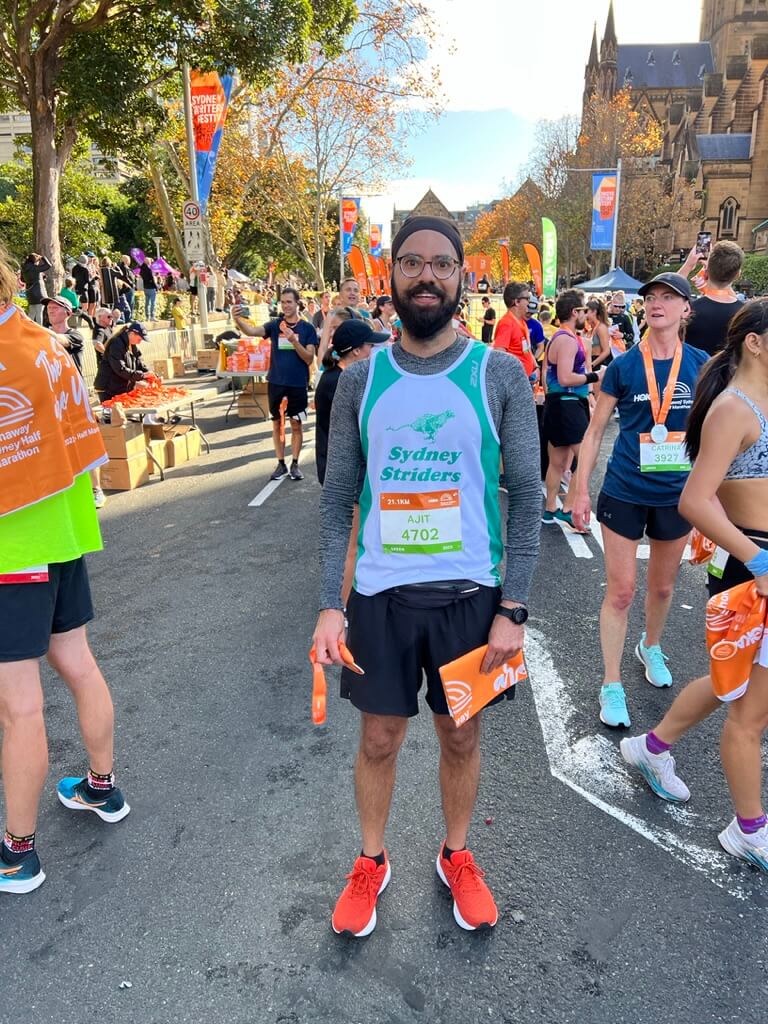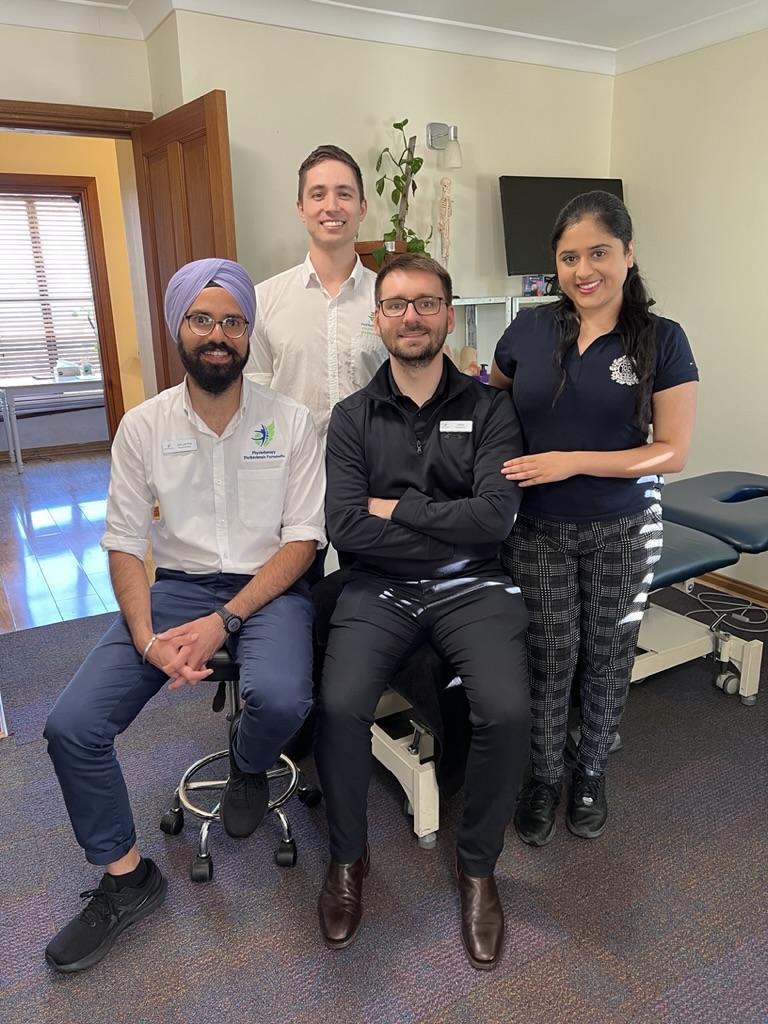Common Running Injuries

Common Benefits of Running:
Running offers several benefits for physical and mental well-being. Here are some reasons why people choose to run:
- Cardiovascular fitness: Running is a vigorous aerobic exercise that increases your heart rate, strengthens your heart and lungs, and improves overall cardiovascular fitness. Regular running can help reduce the risk of heart disease, lower blood pressure, and improve circulation.
- Weight management: Running is an effective calorie-burning activity that can contribute to weight loss or weight maintenance. It helps burn calories, increases metabolism, and promotes the development of lean muscle mass.
- Bone and joint health: Running is a weight-bearing exercise that puts stress on the bones, helping to maintain and improve bone density. It can also strengthen the muscles and ligaments around the joints, promoting joint stability and reducing the risk of osteoporosis and osteoarthritis.
- Improved endurance and stamina: Regular running builds endurance and stamina over time, allowing you to engage in physical activities for longer durations without feeling fatigued. It can enhance your ability to participate in sports, outdoor activities, and daily tasks.
- Mental well-being: Running is known to have positive effects on mental health. It can release endorphins, also known as “feel-good” hormones, which can elevate mood and reduce symptoms of depression and anxiety. Running outdoors in natural settings can provide additional mental and emotional benefits, such as stress reduction and increased feelings of well-being.
- Increased energy and productivity: Engaging in regular running can boost energy levels and improve overall productivity. It can enhance mental clarity, focus, and concentration, allowing you to approach tasks with greater efficiency.
- Social engagement: Running can be a social activity that provides opportunities for connecting with others who share similar interests. Participating in running groups, clubs, or organized races can foster a sense of community and support, making it a social and enjoyable experience.
It’s important to note that running may not be suitable for everyone, especially individuals with certain health conditions or injuries. If you are considering running or starting any new exercise program, it’s advisable to consult with a healthcare professional or a qualified exercise specialist to ensure it is safe and appropriate for your individual circumstances.
Common Running Injuries
While running is generally a safe and beneficial activity, it can lead to certain injuries, especially if proper precautions and training techniques are not followed. Here are some common running injuries:
- Shin splints: Shin splints refer to pain along the shinbone (tibia) caused by inflammation of the muscles, tendons, and bone tissue. It often occurs due to overuse, improper footwear, or running on hard surfaces.
- Runner’s knee (patellofemoral pain syndrome): This condition involves pain and discomfort around the kneecap. It can result from factors such as improper running form, weak thigh muscles, or excessive mileage.
- IT band syndrome: The iliotibial (IT) band is a band of connective tissue that runs along the outside of the thigh. IT band syndrome causes pain on the outside of the knee and can result from the IT band rubbing against the knee bone, often due to overuse or biomechanical issues.
- Achilles tendinitis: Achilles tendinitis involves inflammation of the Achilles tendon, which connects the calf muscles to the heel bone. It can result from tight calf muscles, improper footwear, sudden increases in mileage, or running on uneven surfaces.
- Plantar fasciitis: Plantar fasciitis is characterized by pain and inflammation of the plantar fascia, a thick band of tissue that runs along the bottom of the foot. It often occurs due to repetitive stress, overpronation, or inadequate foot support.
- Stress fractures: Stress fractures are small cracks or fractures in the bones, often in the feet or shins. They can result from repetitive impact and overuse, typically seen in runners who increase mileage too quickly or have biomechanical issues.
- Sprained ankles: Ankle sprains can occur when the ligaments supporting the ankle joint are stretched or torn, often due to landing on an uneven surface or losing balance while running.
- Muscle strains: Strained muscles, such as hamstring or calf strains, can happen when the muscles are overstretched or overloaded, commonly occurring during sudden accelerations, excessive speed, or inadequate warm-up.
It’s important to note that each individual’s experience with running and risk of injury may vary. To prevent injuries, it’s crucial to listen to your body, gradually increase mileage and intensity, maintain proper running form, wear appropriate footwear, and incorporate cross-training and strength training exercises. If you experience persistent pain or have concerns about running-related injuries, consult with a healthcare professional or a sports medicine specialist for proper evaluation and guidance.
Contact Us:
Do you need assistance with your Physiotherapy treatment? Experienced team of Physiotherapists with essential knowledge. You can call us anytime to have a confidential discussion with our expert Physiotherapists. For more information on how we can further assist you, please call our clinic number on 0479 080 800 or send us an email on [email protected] for further details. Our Physiotherapists are Medicare, NDIS, and Work Cover approved, specialising in injury management and rehabilitation to get you back on track.

Physiotherapy After A Car Accident
